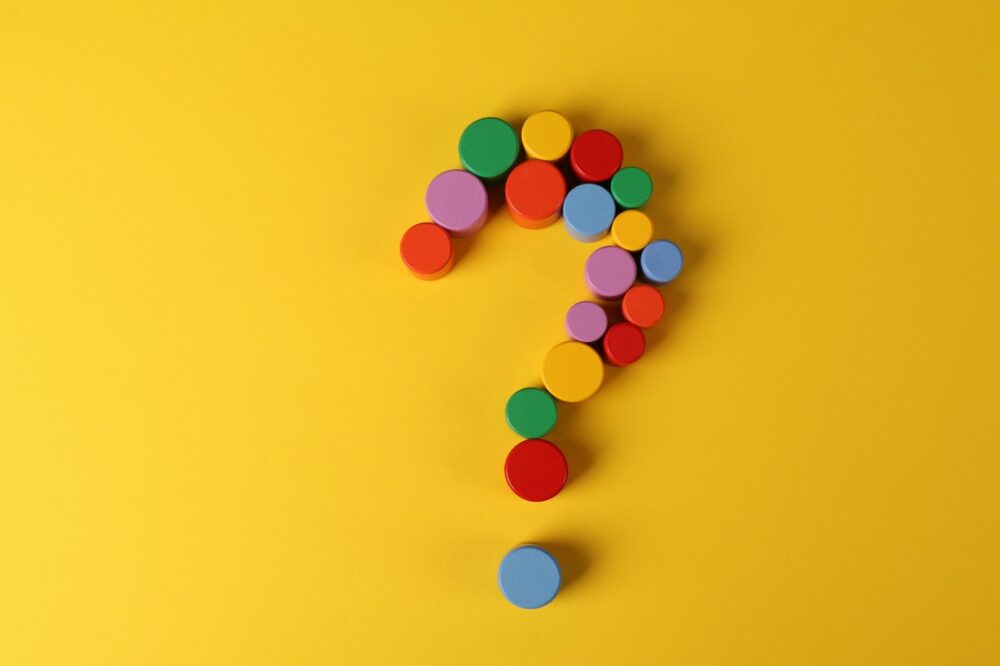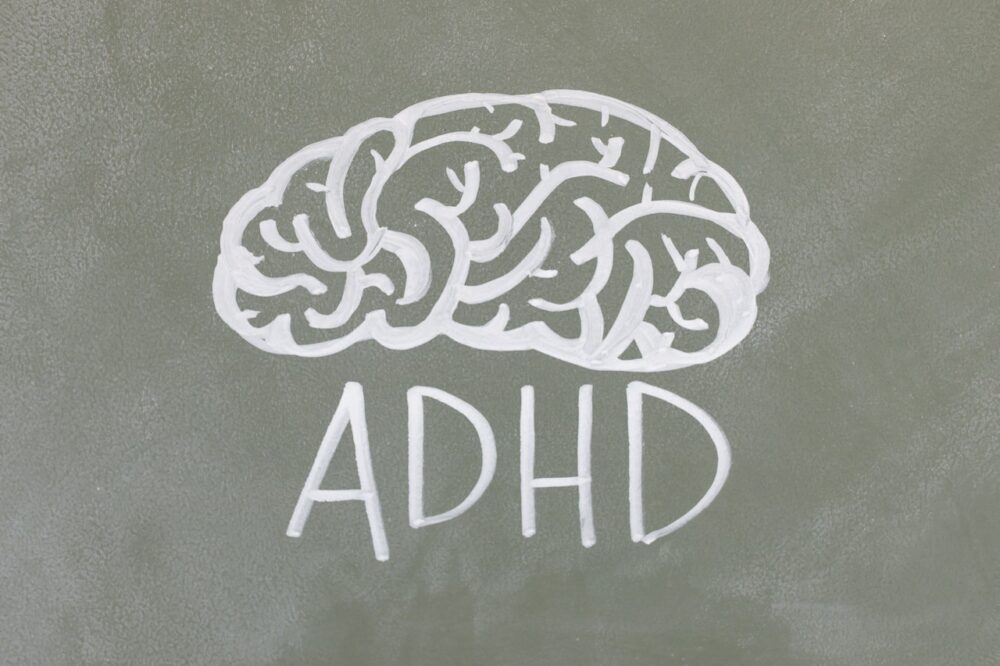Adult ADHD Medication Guide
If you have ADHD, then taking the right medication can make a world of difference. The problem is that there are so many different medications for adult ADHD, and navigating them all can be incredibly confusing. Stimulant medications have been found to be helpful for most adults with ADHD, but if they don’t work for you, then there are other options, too.
Here is a complete guide to medications for adult ADHD.
Stimulant Medications for Adult ADHD
Psychostimulant compounds, or stimulants, are the most commonly used treatment for ADHD. They’re so widely used because they work — around 70 to 80% of people with ADHD see improvement in their symptoms with stimulant medications.
Stimulants work by increasing the amount of certain chemicals, like dopamine and norepinephrine, that are available in the brain. ADHD affects the levels of these chemicals, which is what causes symptoms. Taking stimulants can even out the effects of ADHD and ease symptoms like distractibility, hyperactivity, and impulsivity.
Stimulant medications for ADHD can be divided into two types:
- Amphetamines
- Methylphenidate
Both types of medication are central nervous system stimulants, and both are effective for people with ADHD. Which type of stimulant works better depends on each person. And about half of the people who take these medications find that both types work about the same for them. Your treatment provider can help you decide which one to try first, and you may need to go through a process of trial and error before you find the right one for you.
Common types of amphetamine medication:
Some common brand names for amphetamine medications for ADHD include:
- Adderall
- Dexedrine
- Mydayis
- Evekeo
- Zenzedi
- Vyvanse
Common types of methylphenidate medication:
Some common brand names for methylphenidate medications for ADHD include:
- Metadate
- Concerta
- Ritalin
- Methylin
- Quillivin
What are the most common side effects for stimulant medications?
For most people, the side effects of stimulants are temporary and/or mild. Some of the most common mild side effects of stimulants include:
- Insomnia
- Lack of appetite
- Weight loss
- Increased blood pressure
- Upset stomach
- Headache
- Nervousness
- Muscle twitches or tics
- Fast heartbeat
- Irritability
Long-term and serious side effects of stimulants are rare, but do affect some people. Some rare serious risks of stimulant medications include:
- Heart disease
- High blood pressure
- Abuse or addiction (with use at higher than FDA-approved doses)
- Skin discoloration
If you already live with high blood pressure or are at high risk for heart disease, then stimulants may not be for you.
A note about stimulant medication and addiction: Stimulants are a Schedule II medication, and some people abuse ADHD medication. In general, ADHD medication, when taken as prescribed, has not been found to increase people’s risk for substance use disorder.
There have been studies that show that patients who are appropriately diagnosed and treated with stimulants experience reduced substance abuse disorder as adults.
However, if you’ve struggled with addiction to stimulant drugs (like methamphetamines, cocaine, or ADHD medication used recreationally) in the recent past, your treatment provider may suggest another type of medication on a case-by-case basis.
Sometimes, living with untreated ADHD can increase your risk of addiction more than taking stimulant ADHD medication does. It’s important that you are honest with your treatment provider about your entire medical history, including any past experience with addiction. They can use that information to help you make the right medication choice.
Other things to know about stimulant medication for ADHD
Again, stimulant medications are the best-known and most widely used type of ADHD treatment, and they help up to 80% of people with ADHD. After conducting an assessment of your medical history, your treatment provider will let you know if stimulants are a good option for you.
Both amphetamine and methylphenidate medications come in short-acting, intermediate-acting, and long-acting forms. Long-acting medication is popular because you don’t need to take it as often (usually just once a day). Many people also say that long-acting ADHD medication feels smoother to adjust to, because the effect is released throughout the day instead of all at once.
Unlike other psychiatric medications, stimulants start to work almost immediately (usually within an hour of taking them). You don’t need to let stimulants “build up” in your system for them to be effective.
Because of its immediate effect, some people may also take breaks from taking stimulant medication or only take it on an as-needed basis. However, you should always take your medication exactly as prescribed — never stop taking your ADHD medication without getting your doctor’s approval first.
Under certain circumstances, clinicians may prescribe certain stimulant drugs for off-label purposes, including to help lose weight or address binge eating concerns, as these medications may make you less hungry or cause your body to burn calories faster than usual. It is important that you discuss this with your clinician, as other medications may be more appropriate for managing weight loss or binge eating, such as compounded semaglutide, compounded tirzepatide, or similar GLP-1 medications offered through Coby Health. Please also note that these GLP-1 medications have side effects unrelated to interactions with ADHD medication.
Non-Stimulant Medications for Adult ADHD
Stimulants like the ones listed above are, by far, the most effective type of medication available for adult ADHD. But if stimulants aren’t the right fit for you (whether they don’t work, aren’t safe, or cause too many side effects), then your treatment provider may prescribe you with a non-stimulant ADHD medication.
There are two types of non-stimulant medications that are used specifically to treat ADHD symptoms. One is atomoxetine, the non-stimulant that’s most commonly used for adult ADHD. Two types of blood pressure medication, guanfacine and clonidine, are also sometimes used to treat ADHD.
Atomoxetine for adult ADHD
Atomoxetine, sold under the brand name Strattera, is the only non-stimulant medication that’s FDA-approved to treat ADHD in adults. It isn’t typically used for any other purpose.
Atomoxetine is a selective norepinephrine reuptake inhibitor, or SNRI. It’s thought to work by increasing the amount of norepinephrine (a neurotransmitter) that’s available in your brain. Unlike stimulants, atomoxetine does not boost dopamine levels.
Some common but mild side effects of atomoxetine include:
- Constipation
- Dry mouth
- Loss of appetite
- Dizziness
- Sexual side effects
- Upset stomach
In some cases, atomoxetine has been found to cause liver damage. Your treatment provider will probably monitor your liver if you take atomoxetine. This might not be a good medication option for you if you already live with liver disease.
Blood pressure medication for adult ADHD
Two types of Alpha-2 agonist medications, typically used for high blood pressure, have also been used successfully to treat adult ADHD. The extended-release formulations of these medications are FDA-approved to treat ADHD in children, but not adults. But if neither stimulants or atomoxetine are good options for you, then your treatment provider might suggest one of these medications.
The two blood pressure medications that are used to treat ADHD are:
- Guanfacine (sold under the brand name Inutiv), and
- Clonidine (sold under the brand name Kapvay, among others).
It’s unknown exactly how these medications work for ADHD, but they have been found to reduce symptoms in children and adults. We do know that they relax your blood vessels to lower your blood pressure. Experts think that these medications may also impact levels of norepinephrine in the brain.
These medications are usually only used as a second- or third-line treatment option for adults with ADHD if stimulants or atomoxetine aren’t helpful or cause too many side effects. They can also be used alongside stimulants, which makes them more effective.
Side effects for these medications are often related to the way they lower blood pressure. Common but mild side effects for guanfacine and clonidine include:
- Dizziness upon standing
- Tiredness and weakness
- Headache
- Nausea and vomiting
- Constipation
- Sexual side effects
More serious side effects include low blood pressure and an irregular heart rate. You may not be able to take these medications if you already have low blood pressure.
Antidepressants for Adult ADHD
Lastly, antidepressants are sometimes, but rarely, used to treat ADHD symptoms in adults. They’re used as a last-resort option in most cases because stimulants and other non-stimulants are so much more effective. The types of antidepressants that can improve ADHD also tend to come with a lot of side effects.
Antidepressants are not FDA-approved to treat ADHD. They are used “off-label,” which means that your treatment provider can prescribe them (and they’ve helped some people), but they weren’t designed to be used for ADHD.
Some types of antidepressants that have been used to treat ADHD in adults include:
- bupropion (sold under the brand name Wellbutrin)
- Venlafaxine (sold under the brand name Effexor)
- Monoamine oxidase inhibitors (MAOIs), like Nardil
- Tricyclic antidepressants (TCAs), like Tofranil
People tend to tolerate Wellbutrin and Effexor better than they do MAOIs and TCAs. MAOIs and TCAs have been found to help some people with ADHD, but they’re rarely prescribed because they come with many unpleasant side effects. MAOIs, in particular, can have dangerous and even life-threatening interactions with foods and other medications, so your treatment provider will probably only prescribe this if absolutely nothing else is an option.
A note about ADHD and depression: ADHD and depression often overlap. People with ADHD are 3 times more likely to also have major depressive disorder. If you live with both ADHD and depression, antidepressants might help you to combat symptoms of both disorders. If you do experience symptoms of depression, make sure to tell your treatment provider about it.
Focus Partners: Online Treatment for Adult ADHD
At Focus Partners, we will provide a thorough assessment to determine which, if any, of these medications may be the right choice for you. Sometimes, it takes a process of trial and error to find the right medication fit — and we will walk with you every step of that journey.
We are here to listen to you and empower you to unlock your full potential. Get started by taking our initial online ADHD assessment and find your focus now.










